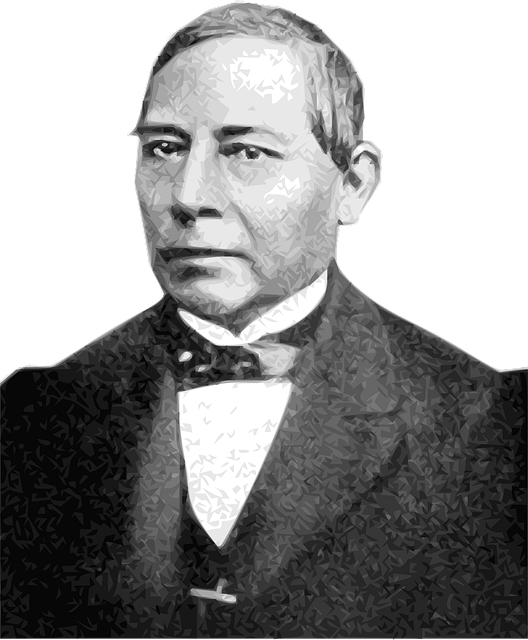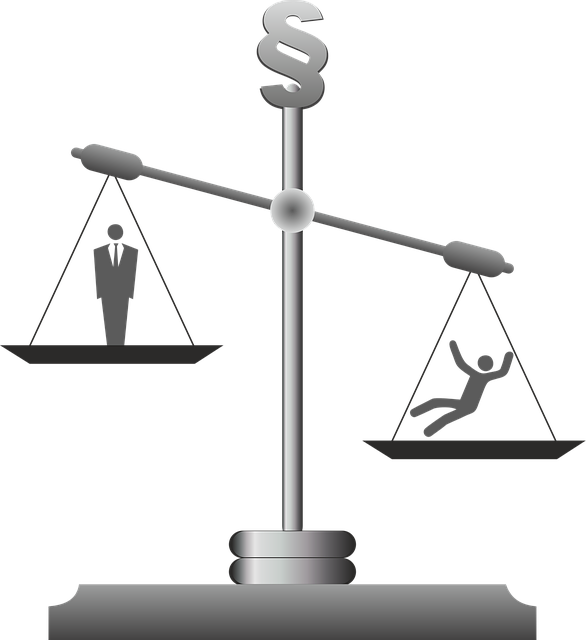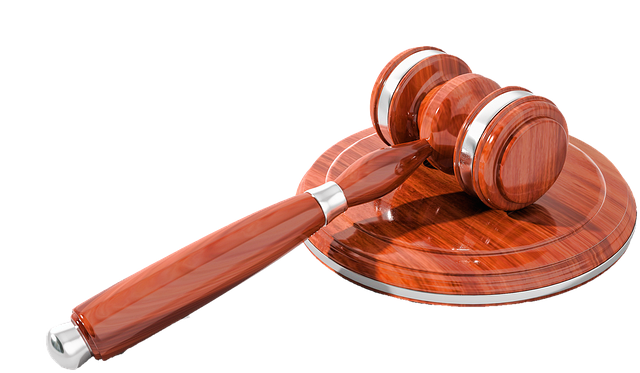Antitrust laws guard fair competition by enabling thorough investigations of suspected violations like price-fixing and market division. Authorities use strategic methods to gather evidence and hold companies accountable. Defining violations is crucial for legal action and public interest, focusing on market power, anti-competitive conduct, and consumer harm. Jury selection in antitrust cases involves scrutinizing potential jurors for bias or conflicts using Legal Grounds for Jury Selection Objections to ensure impartiality. This meticulous process is vital for achieving fair verdicts that shape corporate strategies, regulatory standing, and public trust.
“Antitrust violation cases pose complex legal challenges, demanding a deep understanding of competition laws and their enforcement mechanisms. This article delves into the intricacies of identifying illegal practices, focusing on key elements defining antitrust violations. We explore the significant role juries play in such litigations and navigate the critical jury selection process, including objections based on legal grounds. By examining these aspects, we aim to provide insights into effective strategies for both plaintiffs and defendants in antitrust cases.”
- Understanding Antitrust Laws and Their Enforcement
- Key Elements That Define an Antitrust Violation
- The Role of Juries in Antitrust Litigation
- Navigating Objections During Jury Selection Process
Understanding Antitrust Laws and Their Enforcement

Antitrust laws are designed to promote fair competition in the marketplace by prohibiting business practices that restrict trade or suppress innovation. These laws outline legal grounds for investigating and enforcing competition among businesses, ensuring a level playing field for all participants. When violations are suspected, authorities conduct thorough investigations, examining market dynamics and corporate behavior across various industries. The enforcement process involves a series of steps, including gathering evidence, interviewing witnesses, and analyzing financial records.
The strength of antitrust laws lies in their ability to hold companies accountable for anti-competitive behaviors, such as price-fixing, market division, or the abuse of dominant market positions. Through robust investigations and strategic legal arguments, authorities can achieve extraordinary results, setting precedents with an unprecedented track record in holding perpetrators liable. This ensures that businesses operate within ethical boundaries, fostering a competitive yet fair marketplace for all stakeholders.
Key Elements That Define an Antitrust Violation

In the realm of antitrust law, defining an violation is paramount for both legal proceedings and public interest. Key elements that distinguish an antitrust violation involve understanding market power, anti-competitive conduct, and harm to consumers or businesses. Legal grounds for such cases often hinge on evaluating a company’s market dominance and whether their actions suppress competition, manipulate prices, or limit consumer choices.
When navigating jury selection in antitrust violation cases, achieving extraordinary results demands a meticulous process. General criminal defense strategies may be employed, but the focus shifts to proving the absence of anti-competitive behavior. Jury trials present an opportunity to expose intricate market dynamics and illustrate the impact on participants. Through compelling evidence and persuasive arguments, successful outcomes can be secured, demonstrating the importance of upholding fair market practices.
The Role of Juries in Antitrust Litigation

In antitrust litigation, juries play a pivotal role in determining whether corporations have violated legal grounds for their actions. The selection process for these juries is meticulous, with attorneys from both sides scrutinizing potential jurors to ensure an unbiased and qualified panel. Legal Grounds for Jury Selection Objections allow for the exclusion of individuals who might harbor biases or conflicts of interest, ensuring a fair trial. This process is crucial in cases involving complex economic theories and unprecedented track records, where winning challenging defense verdicts can hinge on public perception and legal expertise.
Juries are tasked with interpreting evidence and applying antitrust laws objectively. Their decisions can significantly impact corporate strategies and regulations, making it essential for both prosecution and defense teams to present compelling arguments. By avoiding indictment through robust jury selection and well-prepared defenses, companies can mitigate risks associated with antitrust violations. This strategic approach is particularly vital in a landscape where public trust and regulatory scrutiny are ever-present, and a positive jury verdict can serve as a testament to the organization’s integrity and responsible business practices.
Navigating Objections During Jury Selection Process

During the jury selection process, both plaintiffs and defendants have legal grounds for objections. This crucial step in any antitrust violation case involves scrutinizing potential jurors to ensure impartiality and competency. Attorneys for both sides may object to prospective jurors based on various factors, such as bias, pre-conceived notions about the case, or conflicts of interest. These objections are evaluated by the judge, who decides whether a juror can provide an unbiased verdict.
In navigating these objections, it’s important to consider the context and intent behind each challenge. For corporate and individual clients involved in white collar defense, selecting a fair and impartial jury is paramount. While challenges for cause allow removal based on specific legal grounds, peremptory challenges give limited reasons but are numerous. Strategic use of both types ensures that the final jury can render a verdict based solely on the evidence presented during trial, free from external influences or biases.
In conclusion, understanding antitrust laws and their enforcement is crucial for ensuring fair competition in the market. By recognizing key elements that define violations and appreciating the role of juries in litigation, legal professionals can navigate complex cases effectively. The ability to manage objections during jury selection, based on solid legal grounds, further strengthens the integrity of the process, ensuring just outcomes for all parties involved.






